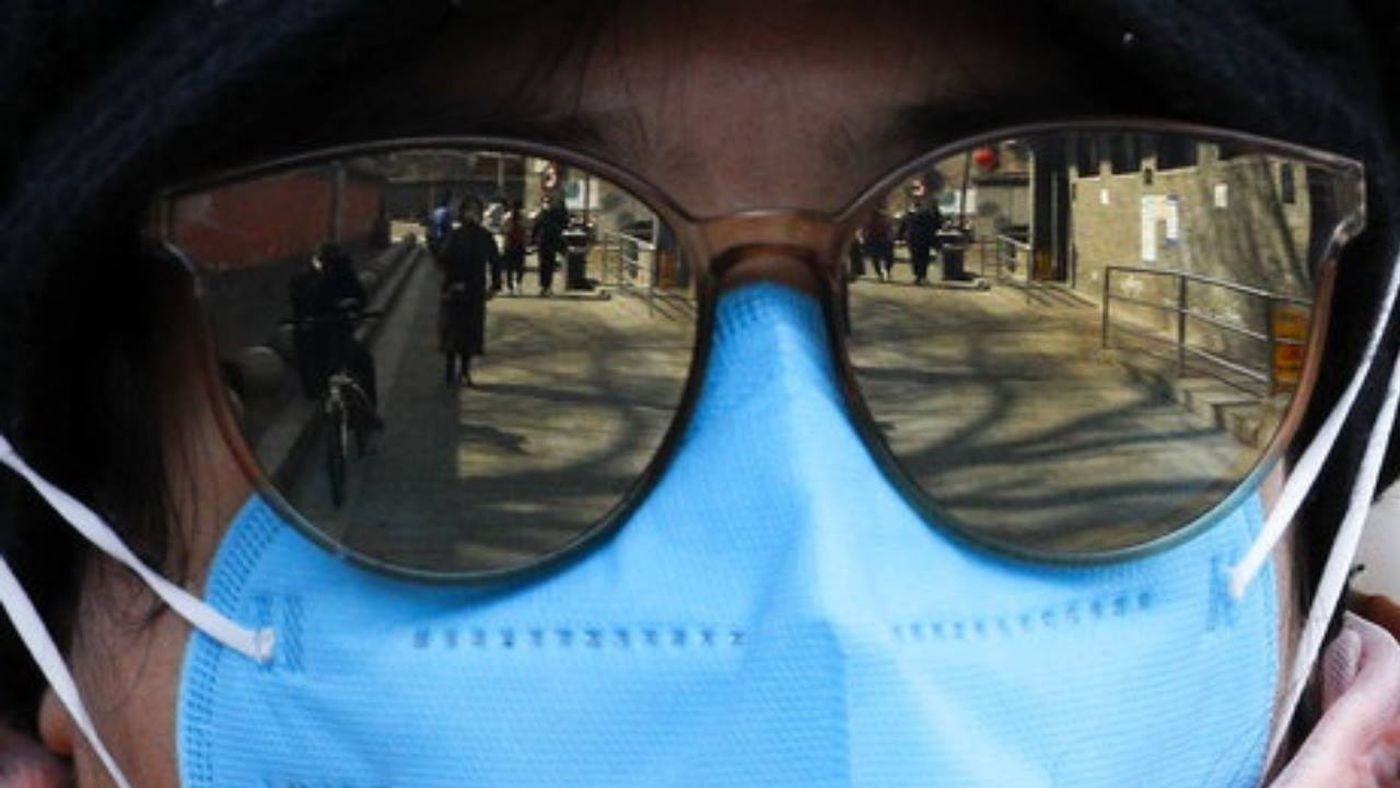
Even as the world tries desperately to contain the coronavirus, it has been suggested that Mother Nature may play the decisive role and that the onset of warmer weather will curtail its spread. However, experts are cautioning that such an assumption is premature.
Coronaviruses are a large family of viruses that cause illnesses ranging from the common cold to more severe conditions such as MERS and SARS. In fact, coronaviruses are so common worldwide that almost everyone will be infected at least once in their lifetime.
The novel coronavirus (the disease it causes has been named as COVID-19 by the WHO) is a new strain that has not previously been identified in humans. Still, despite our lack of knowledge, the hope is that, like other more familiar coronaviruses it may behave like influenza.
The United States is currently emerging from a flu epidemic in which, according to the Centers for Disease Control and Prevention, over 30 million people have been infected and 18,000 have died. Yet these figures, though they eclipse those for COVID-19, have not given rise to global panic. A key reason for the relative equanimity is that flu outbreaks are known to be seasonal, lasting from December to February.
Significantly, the initial outbreak of COVID-19, like SARS in 2003, occurred during the winter.

Personal protection remains vital in the fight against the coronavirus. /AP
Personal protection remains vital in the fight against the coronavirus. /AP
So, there is widespread hope – at least in the northern hemisphere – that with the weather getting warmer, the virus will naturally start to disappear. Among the optimists is U.S. President Donald Trump, who has suggested that the coronavirus problem will soon resolve itself. Speaking at a February 10 rally in New Hampshire, he said, "Looks like by April, you know, in theory when it gets a little warmer, it miraculously goes away – hope that's true."
However, more scientific minds are skeptical. Many experts are urging caution, arguing that in such a rapidly evolving situation, it's too early to say how significant a factor warmer weather may be in limiting infections.
"Rate of virus spread, effectiveness of infection control practices, weather and human immunity will likely all play a role in determining its future," Elizabeth McGraw, director of the Center for Infectious Disease Dynamics at Pennsylvania State University, is reported as saying.
"This virus is not SARS, it's not MERS, and it's not influenza," WHO Director-General Tedros Adhanom Ghebreyesus said at a briefing on March 3. "It is a unique virus with unique characteristics."
In themselves, such statements may fuel global concern, and even fear. However, they also serve one very useful purpose, in that they implicitly caution against complacency.
So, even as the northern hemisphere looks forward to spring and warmer weather, it's vital that the whole world continues to maintain the utmost vigilance.
On a personal level, that means regular exercise, a balanced diet, quality sleep, high standards of hygiene, and last, but not least, a healthy state of mind.